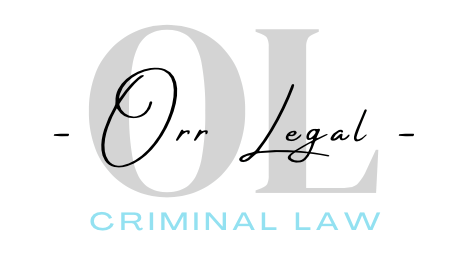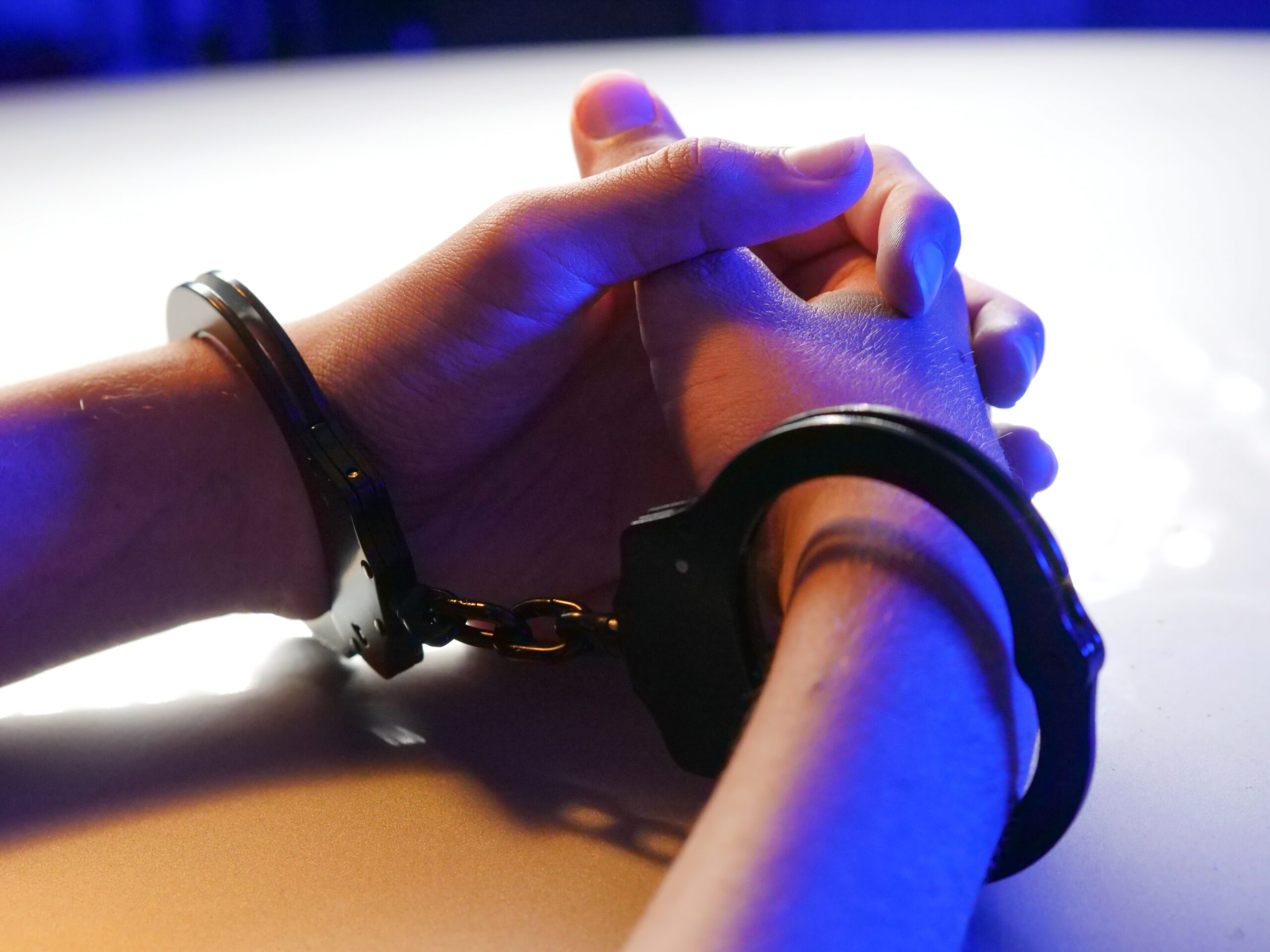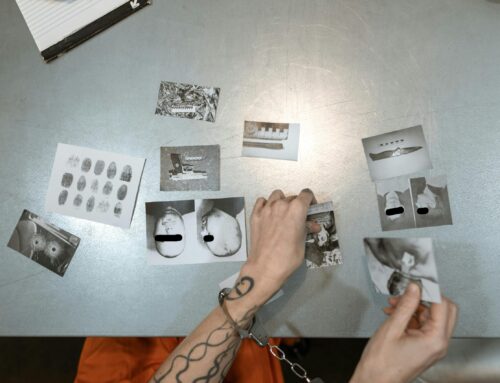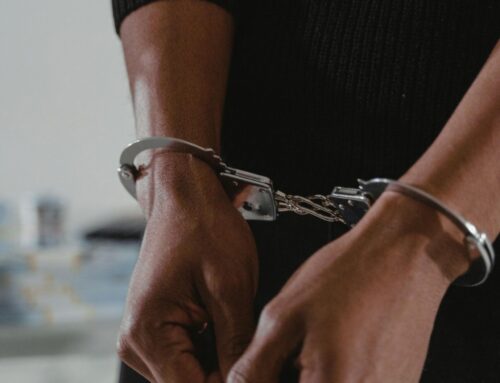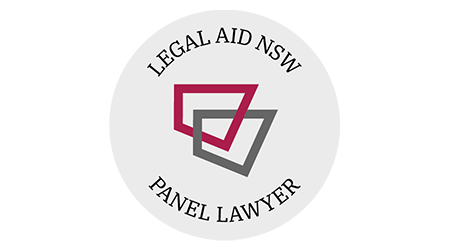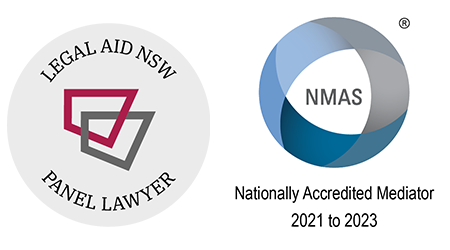Are you charged with a criminal offence?
Whether it’s a minor or serious offence, you will likely receive a “Notice to Appear” from the Magistrates Court. This notice will include the time and date of your attendance. Moreover, the police might arrest you and take you into custody if you are accused of a serious offence.
Once the police take you in and subsequently charges you, the police can decide whether to let you go or remain in their custody before trial ensues.
What is bail?
As provided by the Bail Act 2013, Section 7, bail allows an accused person to be at liberty in the community for an offence they have been charged with until their trial commences.
The decision to grant bail can be decided by the Bail Authority; they can either be:
- Authorised Justice.
- Court.
- Police Officer.
What to do to get bail?
Have you been taken into custody by police officers over the weekend or on a Friday night? You can go to a Special Bail Court on the weekends before a registrar. You may be granted bail if the charge is not a serious offence.
But, if the accusation is serious, your bail may not be granted, and you’ll be held in custody until Monday. Once Monday comes, you can ask for bail from the magistrate. If they refuse it, you’ll be held in police custody until the start of your trial.
Before granting you bail, the court considers two factors.
- Whether you can prove show cause
- Whether you pass the unacceptable risk test.
What is “Show Cause”?
To “show cause” is to explain to the court that keeping you in custody is unjustified. If you cannot prove this “show cause,” the court will likely refuse your bail.
Another thing to remember is that when the court asks you to “show cause,” there’s a possibility that it’s harder to get bail.
If the court deems that your detention is unjustified, the Bail Authority or the court will assess whether you pass the unacceptable risk test.
What is the Unacceptable Risk Test?
Aside from determining “show cause,” the Bail Authority then determines whether the accused passes the unacceptable risk test. This test takes four bail concerns and assesses unacceptable risk if you are released on bail.
- Failure to appear at court proceedings
- The accused committed a serious criminal charge
- Danger to victim/s, persons or the community
- Interference with evidence or witnesses
The court may grant you bail if there are no foreseeable risks arising from these considerations.
Can the Bail Authority Impose Bail Conditions?
After the Bail Authority determines the presence of “show cause” and minimal issues regarding the four listed bail concerns, the Bail Authority can impose bail conditions if they find minimal risks regarding your temporary freedom.
These conditions vary from:
- Abstinence from alcohol and drugs – may also be subject to testing.
- Residence and movement of the accused.
- The accused must report to a particular office or authority and others.
Every person has the innate right to liberty, which extends to their right to bail. However, depending on the seriousness of the offence and the assessment of the courts, bail may not be granted to safeguard the community.
